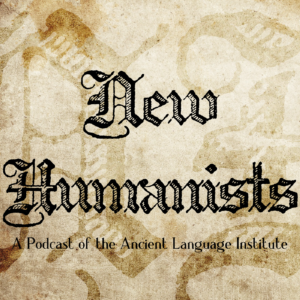The ALI Blog

The Idea of a Classical School
There is no metaphysical common ground between modern school and classical education. They may share some material similarities, but in essence, they are antithetical, founded

The Specter of Humanism
Do definitions of “classical education” sound like the garbled message proudly announced by the player at the end of the line in a game of

How to Escape the Hyperclassical Trap
From its outset, the modern classical education movement has been primarily conceived as a reaction against the powerful progressive forces that shape our current educational

The Blind Guides of the Classical Education Movement
If you looked closely enough, you could probably see rare tears running down the red faces and golden stubble of the camouflage-clad fathers in the

The Future of Classical Education: A Symposium
Many people have already noted that the coronavirus outbreak accelerated a variety of trends already occurring in the United States, and nowhere is this clearer

Announcing the New Humanists Podcast
We’re excited to announce that the Ancient Language Institute has launched a brand-new podcast: New Humanists. Jonathan Roberts and Ryan Hammill founded ALI in order

“Whether Speaking in Latin Is a Worthwhile Pursuit for Latin Learners?” Thomas Aquinas’ Forgotten Quaestio
Editor’s Note: While surreptitiously rooting around in the Vatican Archives, an employee of one of those organizations that opposes spoken Latin and the principles of

What Are the Romance Languages? (And Are They Actually “Romantic”?)
The Romance languages: We love to learn them. Even as other languages rise in global significance, French, Spanish, and Italian remain among the most popular

Classical Schools Are Not Really Classical
In an exquisite passage about language learning, C. S. Lewis recounts his early forays into Ionic Greek, taught by the legendary William Kirkpatrick (a.k.a. “The

What Is the Difference Between Koine Greek and Attic Greek?
Do Attic Greek and Koine Greek represent different eras, different dialects, or something else entirely? More importantly, which one should you learn? In this article,
